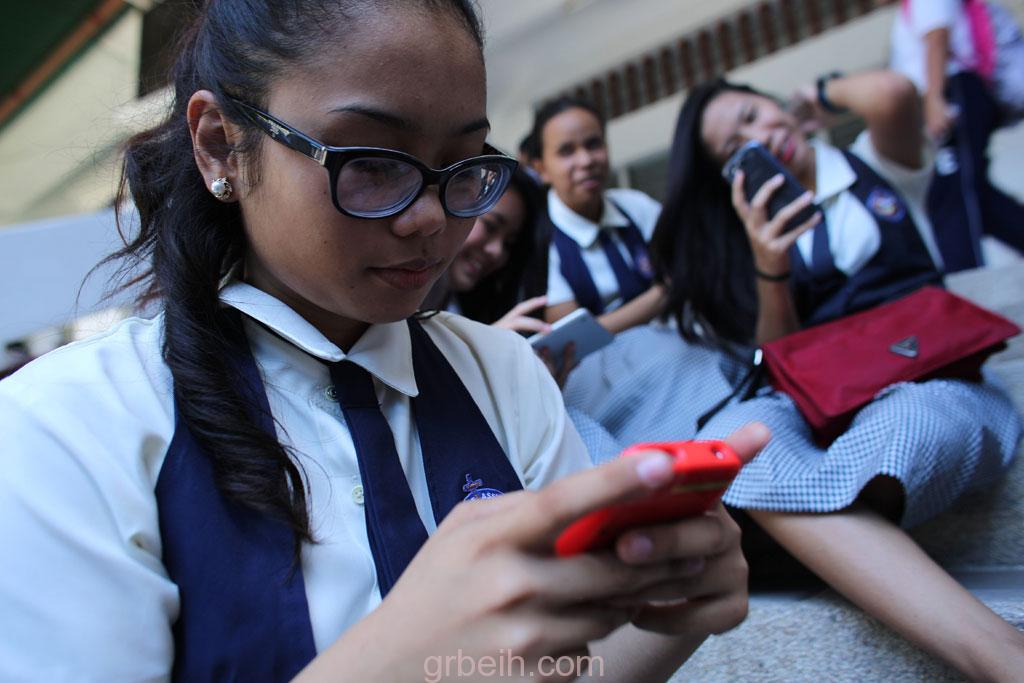
المصدر -
*Eight out of ten 18-year-olds believe that young people are in danger of being sexually abused or taken advantage of online, and more than five out of 10 think friends participate in risky behaviours while using the Internet, a new report released today by the United Nations Children’s Fund (UNICEF) shows.
The report,*Perils and Possibilities: Growing up online*is based on an international opinion poll of more than 10,000 18-year-olds from 25 countries, and discusses young people’s perspectives on the risks they face growing up in an increasingly connected world.
“The Internet and mobile phones have revolutionized young people’s access to information, but the poll findings show just how real the risk of online abuse is for girls and boys,”*said*Cornelius Williams, UNICEF’s Associate Director of Child Protection.
“Globally, one in three Internet users is a child. Today’s findings provide important insights from young people themselves. UNICEF aims to amplify adolescents’ voices to help address online violence, exploitation and abuse, and make sure that children can take full advantage of the benefits the internet and mobile phones offer,” he added.
The report found that adolescents appear confident with their own ability to stay safe while using the internet, with nearly 90 per cent of interviewees believing they can avoid online dangers. Approximately six out of 10 said meeting new people online is either somewhat or very important to them, but only 36 per cent strongly believe they can tell when people are lying about who they are online.
More than two thirds of girls – 67 per cent – strongly agree they would be worried if they received sexual comments or requests over the internet, compared with 47 per cent of boys. When online threats do occur, more adolescents turn to friends than parents or teachers, but less than half strongly agree they know how to help a friend facing an online risk.
The report also found that two thirds of 18-year-olds in sub-Saharan Africa and Latin America and the Caribbean believe children and adolescents are in danger of being sexually abused or taken advantage of online, compared with 33 per cent polled in the Middle East and North Africa.










